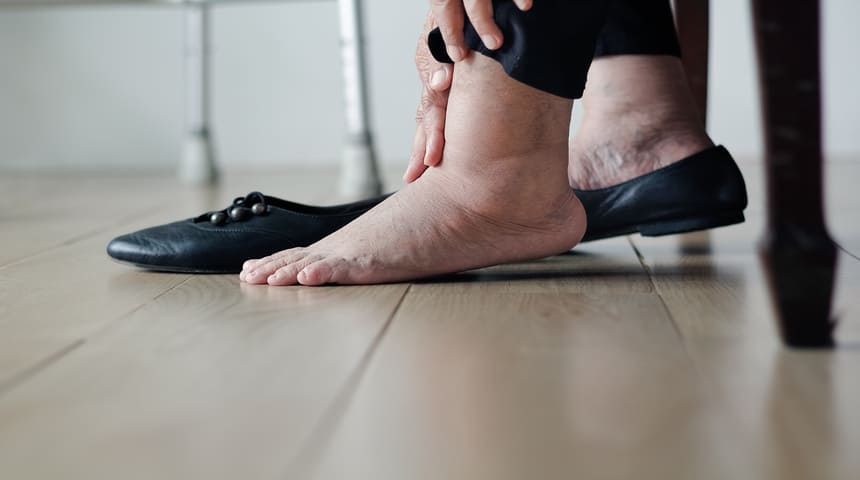For years, there have been questions and concerns about whether napping increases the risk for cardiovascular problems.
One study, for example found that daytime napping was associated with a 12 percent higher risk for high blood pressure and 24 percent higher risk for stroke. Another study linked daytime napping to greater risk for atrial fibrillation, a common form of irregular heartbeat.
But as is often the case with research, it takes more than a cursory look at the headlines to understand what’s going on. It’s not uncommon for studies to establish links between two things that are happening at the same time. But that doesn’t necessarily mean one causes the other.
What naps say about your health – and potential heart risks – often requires a deeper look into what is happening in your life and your sleep patterns.
Sleep and Your Heart
Sleep is important for replenishing your energy levels. But it also gives your body time to heal and take care of internal maintenance. Your blood pressure rate, for example, tends to drop while you sleep. A good night’s rest may also help your body manage its blood sugar levels, helping to protect you against diabetes. It can also help with weight management.
A healthy night’s sleep is considered to be anything in the range of seven to nine hours. If you have difficulty hitting that mark on a regular basis, your risk for cardiovascular disease increases. And you may find yourself needing frequent daytime naps.
It’s not that your naps are causing the increased risk. Instead, the culprit is other underlying conditions preventing you from getting adequate sleep at night. Among the potential causes:
- Sleep apnea can prevent your restful sleep, regardless of duration
- Alcohol can make you sleepy initially, but can be disruptive as it wears off
- Caffeine
- Excess weight can make it difficult to sleep comfortably
- Depression/anxiety
- Certain medications
- Snacks before bedtime could cause heartburn
- Disruptive bed partners, including children and pets
Unfortunately, habitual daytime napping to make up for those lost nighttime hours doesn’t really solve the problem. Napping for one or two hours a day won’t make up for losing that same number of hours of nightly sleep. That’s because naps typically involve lighter sleep stages, rather than the deep stages needed for long-term health benefits.
But if you’re just having trouble – because of work or personal demands – getting enough sleep during the week, you may be able to catch up by staying in bed longer on weekends, according to a recent study. Researchers found that people who slept in on weekends reduced their risk of cardiovascular conditions by up to 19 percent.
How To Sleep Better
If you are having sleep problems, a good place to start is a sleep study. The test will assess the quality of your sleep and look for evidence of sleep disorders. Among the most common is sleep apnea, which causes you to stop breathing periodically during the night. Often, people don’t know they have the condition, which makes restful sleep very difficult.
There are also strategies you can try, including:
- Follow a regular sleep schedule, going to bed at the same time each night and getting up at the same time each morning.
- Avoid lengthy daytime naps, which can disrupt your normal sleep cycle.
- Get physical activity during the day but don’t exercise before bedtime.
- Stay away from artificial light before bedtime. If you need to use a computer or smartphone, use a blue light filter.
- Keep your bedroom dark, quiet and cool.
- Avoid eating or drinking – particularly alcohol and foods high in caffeine, sugar or fat – a few hours before you go to bed.
- Spend some time out in natural light earlier in the day, maybe with a walk in the morning or afternoon.
- Examine your stress level and look for ways to manage it.
This doesn’t mean you can’t take advantage of the occasional daytime nap. When used correctly, napping can increase your alertness, improve your attitude and help with your creativity. Find a cool, quiet place and set an alarm for 20 or 30 minutes – just long enough to give you a little boost, without making you groggy or disrupting your sleep later that night.





